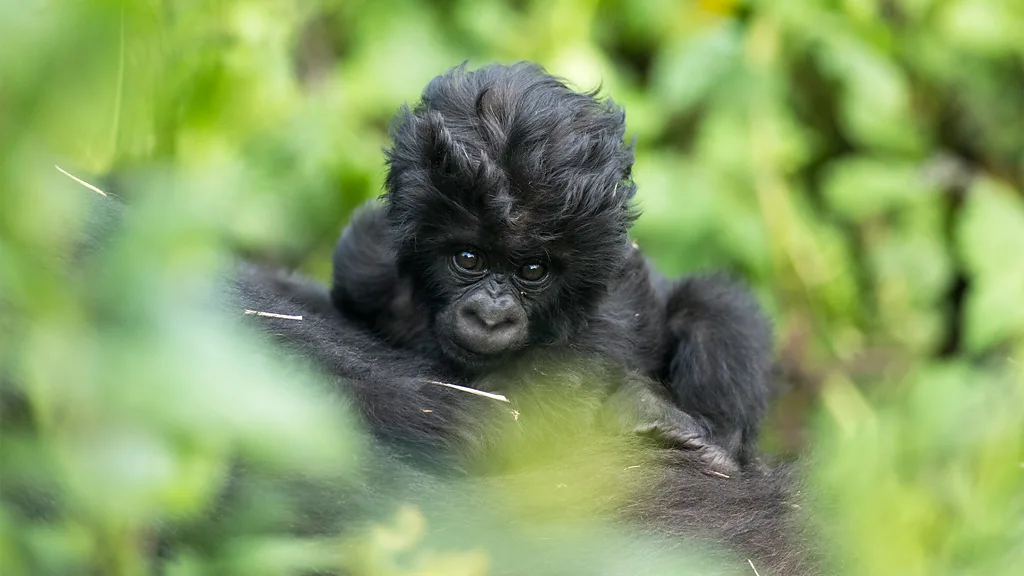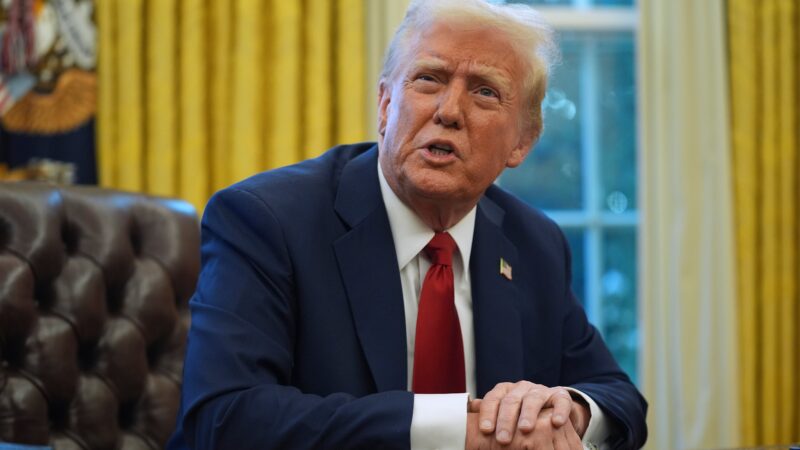The Vital Tradition of Naming Baby Gorillas: How Rwanda’s Kwita Izina Inspires Global Conservation

In the heart of Rwanda’s misty, emerald rainforests, a silverback gorilla lounges on a mossy vine as a female grooms his fur with loving precision. Just a few feet away, two adolescent gorillas tumble in mock battle, thumping their chests and baring their teeth. Cradled in her mother’s arms, a wide-eyed baby gorilla peeks out curiously, unaware that she is part of a global conservation success story—one that hinges on tradition, community, and an annual celebration known as Kwita Izina.
A Ceremony Rooted in Heritage and Hope
Kwita Izina, meaning “to give a name” in Kinyarwanda, is Rwanda’s annual gorilla naming ceremony—a spectacular event that unites conservationists, local communities, and international celebrities to honor each newborn gorilla with a meaningful name. Now in its 20th year, the ceremony draws tens of thousands to the foothills of Volcanoes National Park, where dramatic performances, traditional music, and cultural exhibits set the stage for naming baby gorillas born over the past year.
Inspired by Rwanda’s ancestral customs of gathering to name newborn children, Kwita Izina has become both a symbol of conservation and a heartfelt thank-you to the communities who live alongside gorillas and help protect them.
“It’s not just a ceremony—it’s a celebration of unity, heritage, and survival,” says Irene Murerwa, Chief Tourism Officer at the Rwanda Development Board. “It’s because of the community, and it’s for them as well.”
Gorilla Numbers on the Rise
The majestic mountain gorilla once teetered on the edge of extinction. Devastated by poaching, habitat loss, and the Rwandan genocide of 1994, their population had dwindled to fewer than 300.
But through rigorous anti-poaching efforts, regulated ecotourism, and community-driven conservation, Rwanda has helped engineer a turnaround. According to the World Wildlife Fund (WWF), mountain gorilla populations have increased by 3% annually since 2010—making them the only great ape species whose numbers are currently growing.
Since 2005, Rwanda has recorded the birth of 395 baby gorillas, each one proudly named at Kwita Izina.
Names With Meaning
Rwandans deeply value the meaning behind names, and this philosophy carries into Kwita Izina. Baby gorillas are named based on their personalities, family history, or the circumstances of their birth.
In 2024:
-
Actor Idris Elba named a baby “Narame,” meaning “long life,” in honor of the mother who had lost two previous offspring.
-
Primary school student Elvine Ineza named her baby gorilla “Nibagwire,” meaning “multiply,” as a wish for the growth of the Sigasirie family.
These names aren’t just symbolic—they’re powerful reminders that each life matters.
Celebration and Impact
At Kwita Izina, a towering bamboo gorilla watches over a vibrant festival of Intore dancers, storytelling, and educational displays on conservation. While the exact date for the 2025 ceremony is yet to be announced, it traditionally takes place every autumn and is one of the most anticipated events in East Africa.
But the true power of Kwita Izina lies in its message: conservation is a collective effort. The ceremony honors the rangers, scientists, villagers, and tourists who work together to safeguard Rwanda’s biodiversity.
“To save the gorillas, you must support the people,” emphasizes Praveen Moman, founder of Volcanoes Safaris. “These habitats are fragile and small, surrounded by some of the most densely populated areas on Earth.”
A Must-See for Eco-Tourists
Visiting Rwanda during Kwita Izina is a rare and enriching opportunity. But even beyond the event, travelers can witness firsthand how conservation, culture, and tourism intersect in this remarkable nation.
From the volcanic peaks of the Virunga Mountains to the intimate gorilla treks that bring you face-to-face with our primate cousins, Rwanda offers a journey of hope and healing—for both humans and wildlife.






